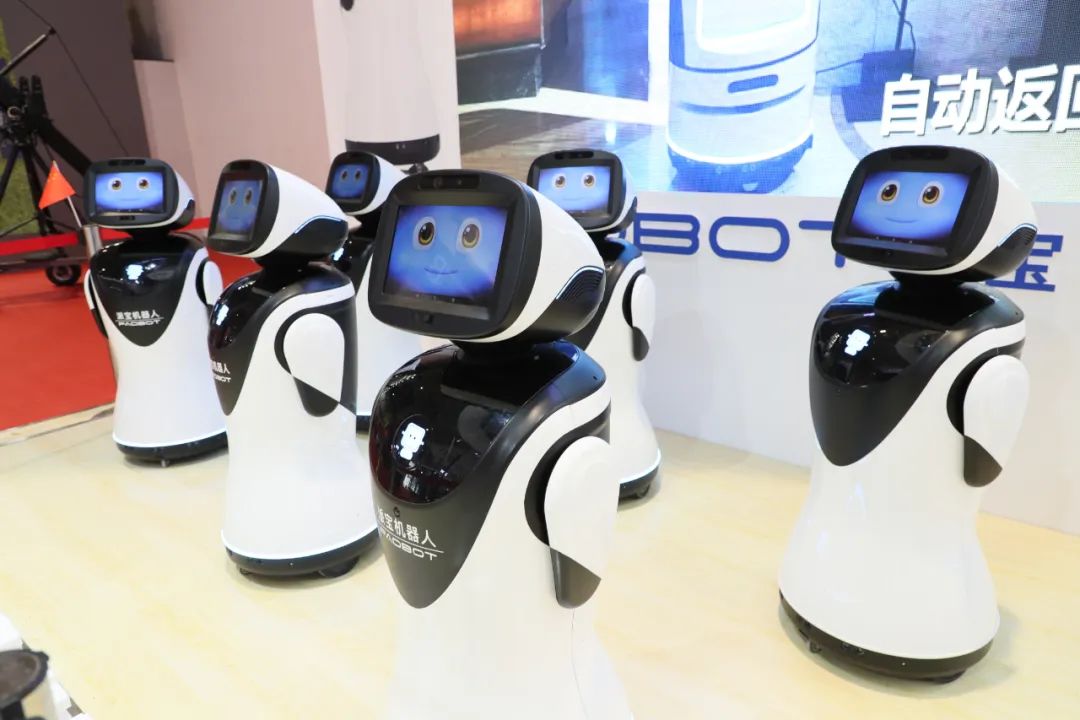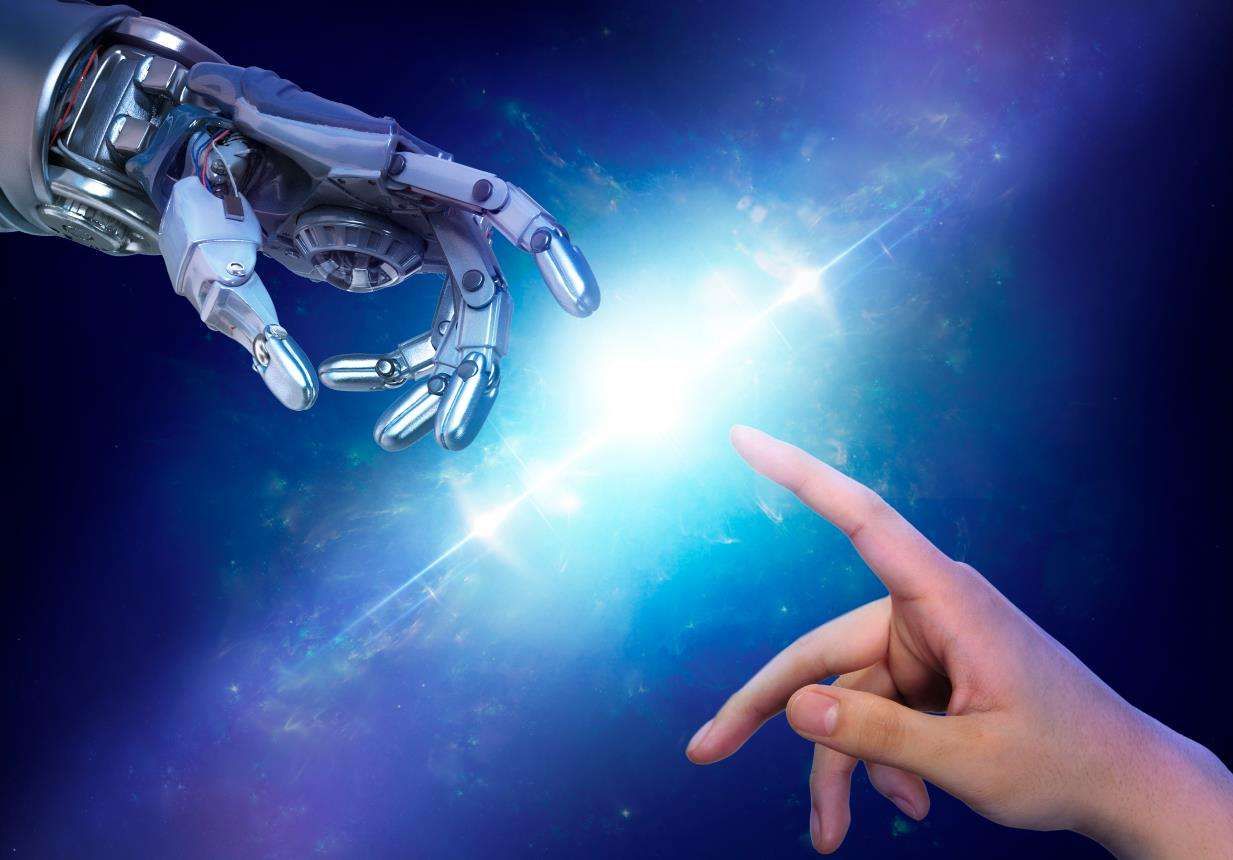AI Ethical Warning Record: Is Artificial Intelligence Really Moral Autonomy?
AI Ethical Warning Record: Is Artificial Intelligence Really Moral Autonomy?
Today, with the rapid development of AI technology, a worrying question has emerged - Does artificial intelligence really have moral autonomy?This article will explore this topic in depth and unveil the mystery of AI ethics.Current status of development of moral autonomy of artificial intelligence #Technical Ethics#. Recently, the pace of development of artificial intelligence technology is amazing. From smart speakers to autonomous vehicles, from medical diagnostic systems to judicial judgment aids, the application of AI has penetrated into every aspect of our lives. But one question that cannot be ignored is whether artificial intelligence is really morally autonomy, or in other words, can it make the right choice in complex ethical situations?The decision-making process of AI systems still relies on pre-set algorithms and data. Although these algorithms can simulate human decision-making patterns to a certain extent, they lack real understanding. This means that when facing unanticipated ethical dilemmas, AI may make choices that violate human moral expectations.The gray area of artificial intelligence ethics #Artificial intelligence#. First of all, we need to establish a standardized ethical framework to clarify the code of conduct of AI technology in different scenarios. Secondly, AI R
Today, with the rapid development of AI technology, a worrying question has emerged - Does artificial intelligence really have moral autonomy? This article will explore this topic in depth and unveil the mystery of AI ethics.
Current status of development of moral autonomy of artificial intelligence #Technical Ethics#
Recently, the pace of development of artificial intelligence technology is amazing. From smart speakers to autonomous vehicles, from medical diagnostic systems to judicial judgment aids, the application of AI has penetrated into every aspect of our lives. But one question that cannot be ignored is whether artificial intelligence is really morally autonomy, or in other words, can it make the right choice in complex ethical situations?

The decision-making process of AI systems still relies on pre-set algorithms and data. Although these algorithms can simulate human decision-making patterns to a certain extent, they lack real understanding. This means that when facing unanticipated ethical dilemmas, AI may make choices that violate human moral expectations.
For example, how to choose a driving route in an emergency situation is a typical ethical question. If in an inevitable collision, how should the system weigh the value of life of different passengers or pedestrians? In this case, can AI make decisions based on moral principles like humans? The answers to these questions are not yet clear.
The gray area of artificial intelligence ethics #Artificial intelligence#
The rapid development of AI technology has brought about many ethical gray areas. Especially in the fields of medical care and justice, the ethical challenges faced by AI application are even more prominent.

Although medical diagnostic systems can quickly analyze large amounts of data and provide accurate diagnostic results, how can we ensure the ethical nature of decision-making when it comes to patient privacy and treatment options? The judicial judgment auxiliary system can improve the efficiency and consistency of judgments by analyzing historical cases, but it can also lead to the continuation of bias and injustice.
These problems suggest that AI systems may not fully comply with the moral standards of human society in some cases, and may even amplify prejudice and discrimination in existing societies. This requires us to pay more attention to the potential ethical risks when developing and using AI technologies.
Ways to solve the problem of artificial intelligence ethics #AI Ethics#
Faced with the ethical challenges brought by artificial intelligence, we need to take a series of measures to ensure that the development of AI technology is consistent with the values of human society.

First of all, we need to establish a standardized ethical framework to clarify the code of conduct of AI technology in different scenarios. Secondly, AI R&D personnel and related companies should actively cooperate with interdisciplinary experts such as ethicists and sociologists to jointly discuss the moral boundaries of AI systems. Finally, governments and international organizations also need to formulate relevant laws and regulations to ensure that the use of AI technology is in line with the overall interests of society.
In addition, it is also very important to educate the public about AI ethics. Only by allowing more people to understand the potential risks and ethical issues of AI technology can we form a consensus across the whole society and jointly respond to this challenge.
The future prospect of artificial intelligence #future technology#
Although there are still many problems with AI technology in terms of moral autonomy, with the further development of technology and the continuous improvement of the ethical framework, we have reason to believe that AI will be able to achieve true moral autonomy in more fields.

The future AI systems will not only be more advanced at the technical level, but also more mature in ethical decision-making. Through continuous learning and evolution, AI will be able to better adapt to complex ethical situations and make decisions that conform to human values.
Therefore, we are cautiously optimistic about the future development of AI. As long as we can continue to pay attention to ethical issues while technological development, artificial intelligence will surely go further on the road to benefiting mankind.
Conclusion
The issue of moral autonomy of artificial intelligence is a complex issue involving multiple levels such as technology, ethics and society. In this era of rapid development, we need to face these challenges actively with an open attitude. Only by finding a balance between technology and ethics can artificial intelligence truly become a force that promotes social progress.






